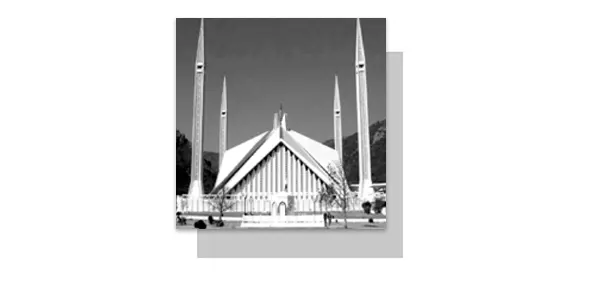ANFAL is the plural of “nafl,” meaning something additional to what is obligatory or what one is entitled to by right. When it is from a servant, it means additional service over and above his duty, which he willingly offers to his master, such as voluntary prayer. When it is from the master, it signifies additional reward bestowed upon the servant over and above what he is entitled to by right. Here, “Anfal” is used for the spoils of war which Muslims seized in the Battle of Badr. These are called “Anfal” to impress upon the Muslims that these are not the fruits of their efforts and struggle, but are bounties from Allah bestowed upon them.
The main focus of this Surah centres on the Battle of Badr, ‘Ghazwa e Badr’, where it delineates the rules of war and emphasizes the belief in Allah through the act of sacrifice leading to martyrdom. It highlights military virtues exemplified by the events of Badr, illustrating that victory is assured by Allah’s aid when individuals fight for the sacred cause of Allah, not for personal gain. Furthermore, the Surah provides guidance on the treatment of prisoners and underscores the importance of maintaining solidarity within the Muslim Ummah. The battle resulted in victory for the Muslims, proving immensely beneficial as the majority of survivors among the non-Muslims embraced Islam. While the Muslims suffered 14 casualties, the non-Muslims incurred 70 fatalities, with 70 captives being treated with kindness.
The message in the Surah clearly demarcated that all events leading to success are dependent on the personal behavior and ethics of the players, even if it may be one sided i.e. only the Muslims have the ethics and the other party does not. The booty taken in battle should never be the aim in war. It is only an adventitious circumstance, a sort of windfall. A righteous war is a community affair and any accession resulting from it belongs to Allah or the community or cause. There should be no dispute as they interfere with internal discipline and harmony.
Key points to learn. The righteous should never fear the unjust. True believers are those whose hearts tremble at the mention of Allah, whose faith deepens upon hearing His revelations, and who trust in Him. They establish prayer and give from what Allah has provided, assured of Allah’s elevation of their ranks and forgiveness. Conversely, we should not resemble those who claim to heed Allah’s instructions but are actually indifferent. The worst are those who knowingly remain deaf and ignorant. Even if Allah were to make them hear, they would turn away heedlessly. Allah does not guide the disinterested and punishes wrongdoers in this life before they suffer in the Fire. Allah is the arbiter between a person and their heart.
One must train oneself in everyday life like the soldiers of Badr were instructed to train themselves. For life is a war on the Nafs or the selfish part within us that prevents us from submitting to Allah. Sometimes we’re hit by calamities that we’re not prepared for. We show resistance, we complain and are unwilling to change. But after sometime when the calamity is over and things have changed, we thank Allah for that test.
We should trust Allah in trials. Allah knows His plans for us. Know that all success and failure comes from Allah. Important to understand that the battles whether of war or personal battles are not fought for personal gains. All struggles must be for the glorification of Allah, and not to hide a personal reason behind a facade of fighting in the name of Allah or to glorify the name of Allah. Learn the etiquette and emotions of the moment when one is faced with adversity. Also to stand by the covenants that one has forged with another and if the other party has broken the covenant to announce publicly that we are no longer bound by it and it has been broken.
Success comes through obeying Allah and His Messenger without dispute, with perseverance being key as Allah supports the steadfast. However, our efforts in Allah’s path are hindered by worldly desires, ego, and Satan’s influence. When speaking of Allah, sincerity is paramount, as insincere fear is akin to Satan’s deceit. Allah desires to bless His servants, but arrogance leads to deprivation of these blessings. To meticulously plan and prepare for every detail in war, projects, or struggles, even when facing unfavorable odds. To unite, cooperate, and remain steadfast in the Islamic struggle, mitigating all disobedience to Allah. To migrate from lands that prohibit the practice of Islam to those that permit it. The bonds of the Muslim Ummah outweigh blood ties, although respect for familial relations is encouraged. Ask questions to yourself: a] how much do I spend on myself, family & entertainment & how much I give in the way of Allah’s b] whatever we spend in. Allah’s way will be returned multiplied. Best sadaqah is the one given to support & spread Deen of Allah.
—The writer is contributing columnist, based in Texas US.
Email: khalid.cms@gmail.com
views expressed are writer’s own.










